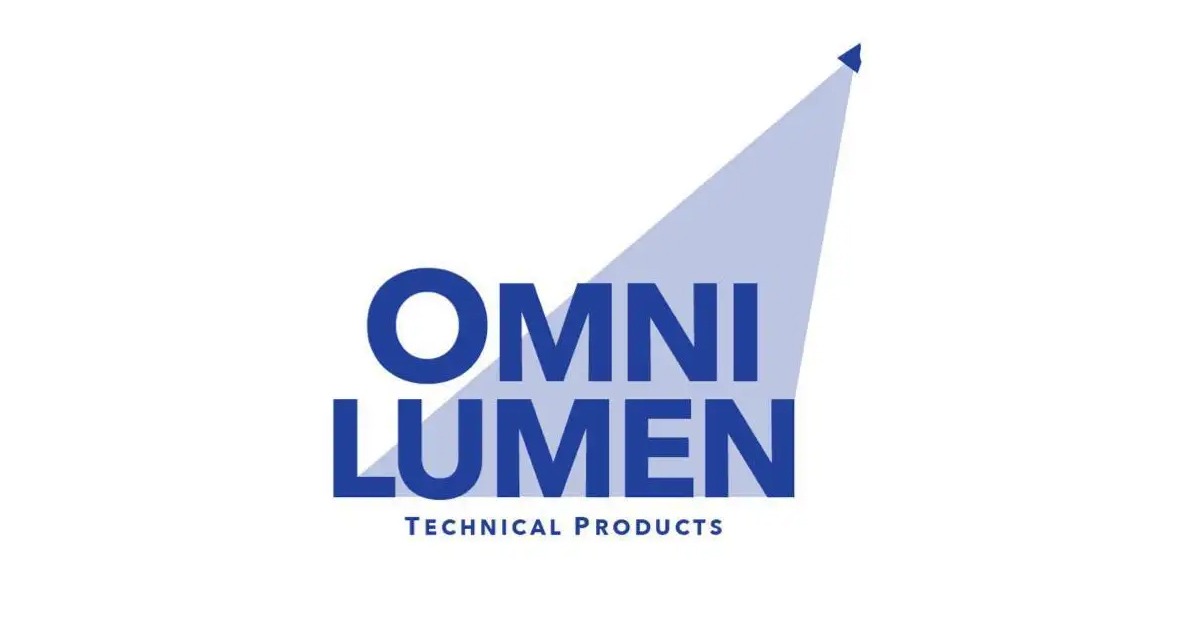Setting Expectations with a Manufacturer

Jason Bader, Managing Partner, The Distribution Team
Don’t you just hate it when a sales rep drops in when you are right in the middle of a project? Or better yet, you are trying to bail out early for a twilight tee time and you just have a few more things to clear off the desk. It always seems to happen. A rep from one of your middle of the road lines just wants to drop in to see how things are going. There doesn’t seem to be any substance to the sales call, just a friendly hello. Depending on how the day is going, we either accept or reject the intrusion. Unfortunately, if the day hasn’t been so rosy, somebody is going to get a double barreled verbal assault right between the ears. Great, now I have to buy something to make peace.
A couple of months ago, I wrote an article about creating a vendor report card. Ultimately, creating this type of reporting is all about setting expectations. In order to avoid the situation I described earlier, we need to establish a set of expectations with the representatives charged with maintaining our account.
Help them help you. We all know the positive effect that a good sales rep can have in our organization. They keep us up to date on new product offerings, they help us manage our dead inventory, they drive sales through our organization and they can even help us train our sales people to be more effective in the field. A good manufacturer’s rep drives profitability in our company. According to the distributors I have interviewed recently, the good reps seem to be in the minority. And, if they are really good, they tend to get promoted and replaced with an energetic young pup just waiting to chew up your slippers. With all the new reps and less than stellar performers out there, we need to develop a program for making the rep a contributor in our organization.
Ground Rules
Wait a minute. Isn’t that the job of the manufacturer? Don’t they sign the paycheck? Yes they do, but who ultimately pays the price for poor representation? We do. Rather than wasting a bunch of time in the blame game, we need to be proactive in our approach with the rep. It is our responsibility to give them a set of ground rules. Show them how to do business with your company.
The first place to set expectations is with the sales call. Do you allow drop in calls with no appointment? If so, what is the best time to reach you? Many of the distributors suggest that they have a business lull between the hours of 10AM and 2PM. This would be good information for the sales rep.
Talking ‘Bout My Generation
If you do not appreciate a drop-in, how should they set an appointment? Many of you are fine with a phone call. Others would like to have an email detailing the nature of the call and if there is any specific information the rep is looking for. When I sat on the other side of the desk, I was in the email camp. My generation, so notably termed Generation X, tends to prefer the email route. We want to get to the point and leave the idle chit chat aside. Regardless of your preferred method, clearly communicate this to any new manufacturer calling on your company. They will appreciate the heads up and ultimately help you manage your day.
Who’s on First?
Who does what in your organization? Over the years, many of our organizations have grown from one point of vendor contact to several different points of interaction. Responsibility has been delegated to many individuals depending upon the specific task at hand. I found it useful to draw a map for each new sales rep that enters the building. It was a simple two-page letter titled How to do business with Acme Construction Supply (my former company). In the letter, I stated our preferred method of communication, the best hours for meetings and some other expectations regarding literature and showroom displays. The most important part of the letter stated where to go for specific issues. Who handles new product introductions? Pricing updates? Co-op advertising? Accounts payable? By drawing a map for the rep, they were able to go directly to the source of their request without disturbing several people along the way. Our most effective reps embraced the information; the least effective folks disregarded it. Who do you think got to spend more time in front of our sales team?
How to Avoid Finger Pointing and Shoving the Pin Back in the Grenade
Speaking of sales, the most successful relationship with a manufacturer begins with a solid marketing plan. Many of us avoid this step. If the price is good, and the quality is acceptable, revenue occurs. For many of our lines, we hope this is the case. What happens when we really plan to drive a line? The results can be astounding. At the beginning of the year, sit down with the manufacturer rep and create a plan of action. Plan out the use of marketing funds. Target campaigns around new product launches. Most importantly, define the responsibilities of each party. If you agree to have four product knowledge meetings with a manufacturer, you must fulfill your obligation. Again, this exercise is all about setting expectations. I agree to do this and you agree to do that. Make sure that you have quarterly meetings to assess the progress. It is easier to make adjustments along the way. The last thing we want is to have a bunch of finger pointing at the end of the year.
A part of this marketing campaign generally involves interaction with your sales reps. Many of you have outside sales representation and joint sales calls, with the manufacturer rep, may be appropriate. Establish some ground rules ahead of time. Do we do full days together or half days? Many distributors suggest that half days are more effective. Can the manufacturer discuss your net cost with a sales rep? This is a really sticky situation. Some of us don’t make net cost available to our sales teams. We load the cost with a percentage for operating expenses and work from a standard cost. Rather than trying to shove the pin back in the grenade, just let the manufacturer know what you expect.
End User Disagreements
Who owns the end user? One of the more difficult situations with a joint sales call comes into play after the contact is made. Should the rep be allowed to call on the same end user with a competing distributor sales person? This becomes especially difficult with independent rep agents. Since they represent several lines of product, they may be calling on the same end user with a different line of product. There is no right answer here; but there are several strong opinions. Prior to setting up the joint sales calls, let the manufacturer know how you view this dilemma. Generally, a good compromise can be worked out.
The Gifting Issue
How do we handle gifts? This is a very common practice in any sales relationship. Manufacturers have logo items they want to distribute. They may have special trips or outings they want to take you on. These are all designed to strengthen the bond between you and the manufacturer. How do you want to handle this practice? Make sure your employees understand your policy as well. I had a purchasing agent that felt entitled to a free lunch any time a rep wanted to make a sales call. This was not the intention of the company; but no one explained this to the purchasing agent.
If you really want to throw the rep a curve ball, take them out to lunch. Show your appreciation for a rep who goes above and beyond for your company. After I wrote a vendor report card article, I had a nice call from a gentleman who was very proactive in creating vendor rankings. His company actually named a vendor of the year and took several members of that organization on a trip. He understood that it was important to recognize those suppliers who made his company more profitable.
We have a natural tendency to think that our manufacturers should know how to meet our expectations. In fact, we often expect them to be a bit clairvoyant. If you want a rep to work for you, set your expectations down on paper. The results will be better than you expected. If you need help creating “how to do business with my company” letter, I am always available via email at Jason@Distributionteam.com. Good luck.
About the Author:
Jason Bader is the managing partner of The Distribution Team, a firm that specializes in helping distributors become more profitable through strategic planning and operating efficiencies. The first 20 years of his career were spent working as a distributor executive. Today, he is a regular speaker at industry events and spends much of his time coaching individual distribution companies.











